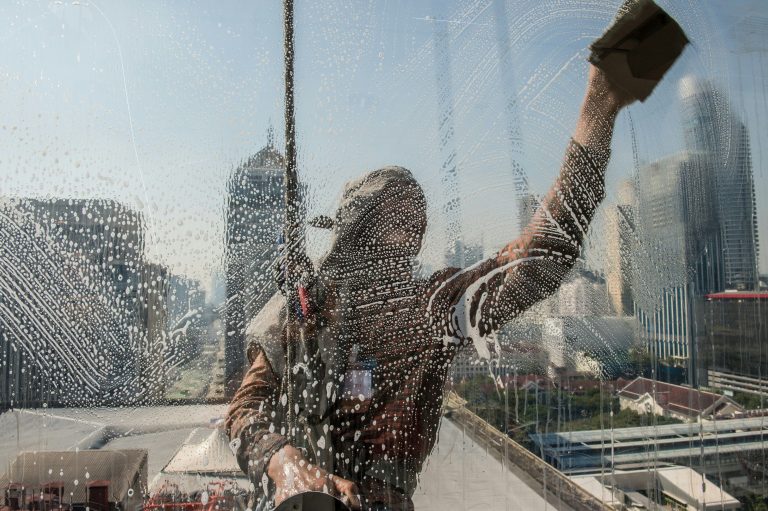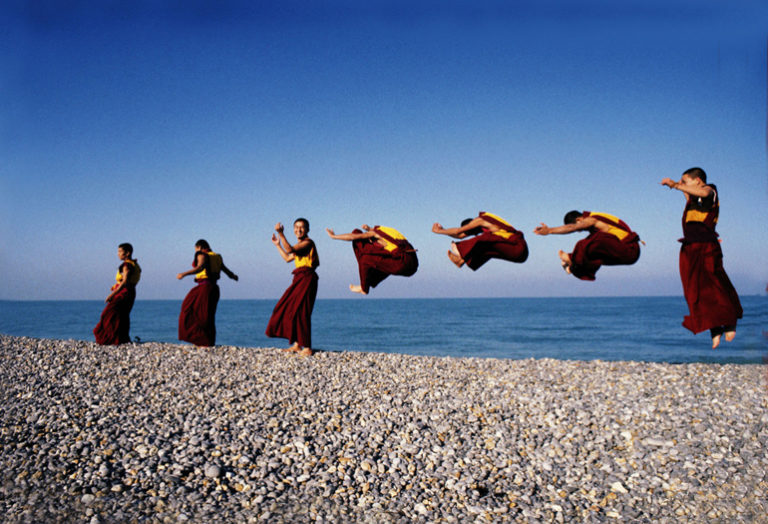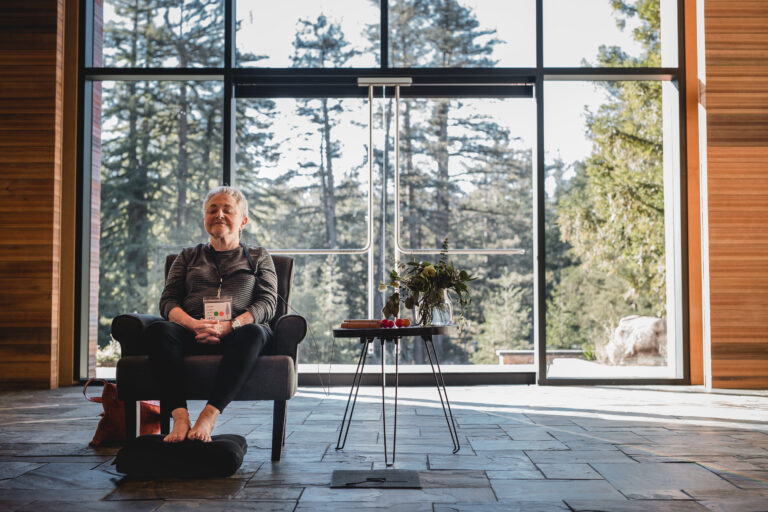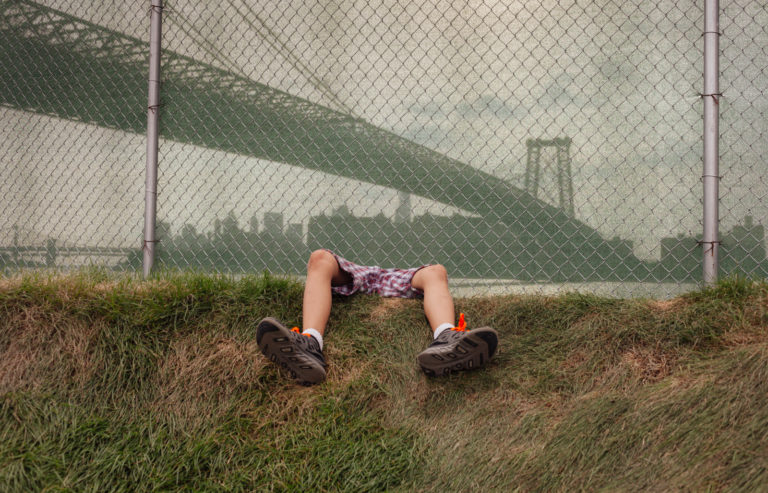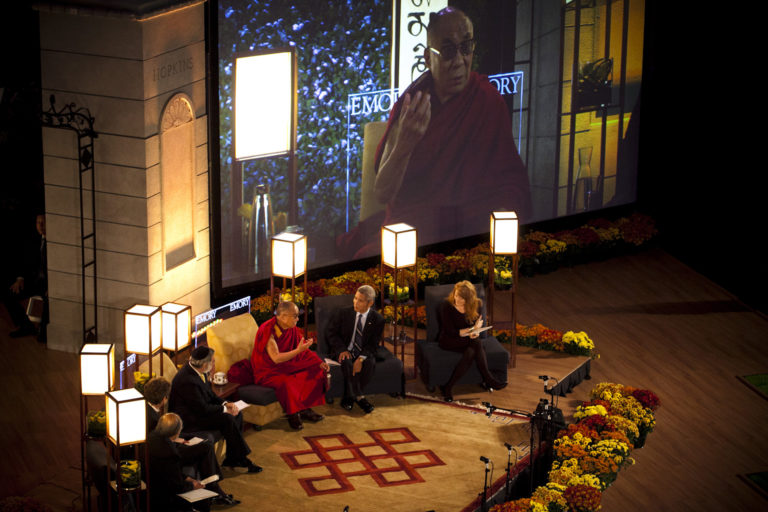September 10, 2020
angel Kyodo williams
The World Is Our Field of Practice
This prophetic conversation, which Rev. angel Kyodo williams had with Krista in 2018, is an invitation to imagine and nourish the transformative potential of this moment — toward human wholeness. Rev. angel is an esteemed Zen priest and the second Black woman recognized as a teacher in the Japanese Zen lineage. She is one of our wisest voices on social evolution and the spiritual aspect of social healing.
